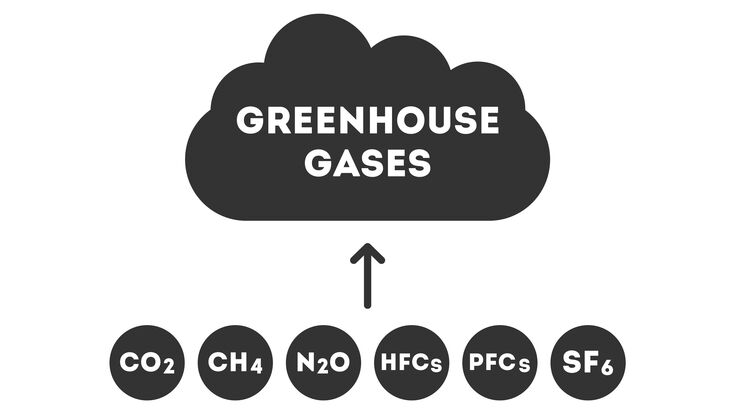Greenhouse gas emissions : Are plastics better than their alternatives when it comes to GHG?

Plastics have a bad reputation. From marine litter to their recyclability, they are subject to frequent debates. Potential positive sides, such as decreasing food spoilage and reducing greenhouse gas emissions are not often discussed. In their recent report, McKinsey takes a close look at the latter because even though factors such as the use of resources, toxicity, and pollution need to be addressed "an opportunity exists for a more balanced, science-based perspective on plastics versus alternative materials", they write.
The new report examines the total GHG contribution of plastics versus its alternatives, including product life cycle (cradle to grave) and impact of use, McKinsey says. "Our objective is to contribute to the dialogue on material choice and broaden the available fact base for the evolving discussion around plastics."
The analysis is based on the US in the year 2020. The researchers looked at examples from five sectors with the highest consumption of plastics — packaging, consumer goods, building and construction, textiles and automotive — representing around 90 percent of global plastics volume. Selected applications with viable choices between plastics and alternatives were also selected.
Plastics outperform their alternatives
The results might be surprising. In 13 out 14 cases plastics offer lower total GHG contributions compared to nonplastic alternatives. The savings range 10 to 90 percent, considering both product life cycle and impact of use, McKinsey writes, adding: "In addition, in many applications, particularly those concentrated in food packaging, there are few alternatives to plastics today. In fact, plastics adoption in the near term can help decarbonization efforts in these areas, particularly in terms of food spoilage and energy efficiency, given their lower GHG footprint."
But, in a low-carbon, high-circularity economy, the benefits of plastics relative to materials such as aluminum diminish, the company says. "Europe may have already achieved such a low-carbon, high-circularity economy." According to another report, it is possible that the entire global economy can shift in this direction as industries transition toward a decarbonized world by 2050.
